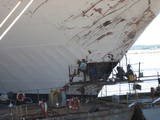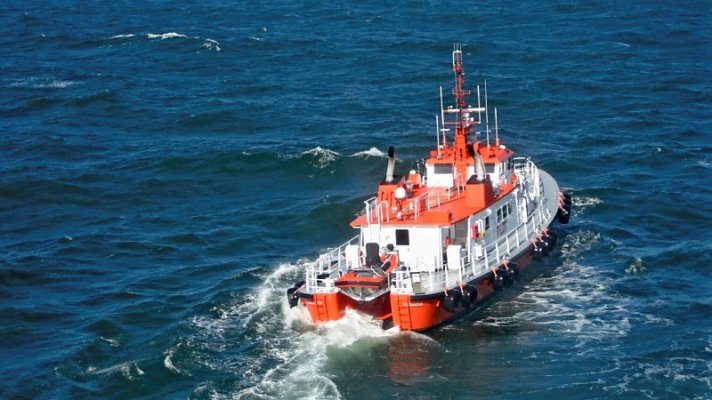BaltimoreLurker
Curmudgeon
- Joined
- Oct 8, 2007
- Messages
- 2,775
- Location
- USA
- Vessel Name
- Moon Dance
- Vessel Make
- 1974 34' Marine Trader Sedan
So the other day when we're out on the water I point out to my wife the pilot boat bringing the harbor pilot out to a big tanker that's coming in.* She asks, "What's he do?" and I explain that because of his local knowledge he's better prepared to bring the ship in through complex waterways with shifting shoals and sandbars, etc, etc.*
But as I'm talking I'm wondering - with all the electronics that even we can get our hands on now is the harbor pilot still a necessity or is it one of those jobs that are protected by unions and won't go away until the last old timer dies off?
It sort of reminds me of one of my uncles.* He was a longshoreman in NY.* By the time I was almost old enough to understand anything, containerized shipping was taking over and he didn't have any work to do.* But he still got paid.
I didn't put this on OTDE because it's not an attack on unions or harbor pilots.* I'm just curious.
*
But as I'm talking I'm wondering - with all the electronics that even we can get our hands on now is the harbor pilot still a necessity or is it one of those jobs that are protected by unions and won't go away until the last old timer dies off?
It sort of reminds me of one of my uncles.* He was a longshoreman in NY.* By the time I was almost old enough to understand anything, containerized shipping was taking over and he didn't have any work to do.* But he still got paid.
I didn't put this on OTDE because it's not an attack on unions or harbor pilots.* I'm just curious.
*



